It’s not exactly breaking news— Ethiopia grapples with gender equality issues. However, depending on who you’re talking to, these issues can rank from catcalling to mansplaining, to health inequality, all the way to abuse and assault.

It’s true, despite significant progress in recent years, women in Ethiopia face numerous challenges due to cultural norms, unrest, and systemic hurdles. The real letdown, however, is a lack of comprehensive data on the issue. Don’t be fooled by the infographics that are accompanied by this article. The data that exists in the gender sphere is often outdated, extrapolated, and/or collected by non-governmental agencies with pursuits of their own.
Despite the space of gender advocacy being held by many individual and organizational activists, there remains a lack of comprehensive data on gender equality in Ethiopia. This data deficit undermines the efforts to bring about significant change and weakens the case for gender equality, leaving those with either good or bad intentions to act subjectively rather than objectively. The absence of reliable data hampers evidence-based policymaking, obstructs targeted interventions, and limits the effectiveness of advocacy initiatives. Collecting accurate and up-to-date data on gender disparities is vital to understand the magnitude of the problem and inform effective strategies for progress.
The lack of data has let women down in the pursuit of gender equality. Without a robust evidence base, it is challenging to highlight the specific areas where women face the greatest barriers, identify the root causes of inequality, and develop targeted solutions. Gaps in gender data and the lack of trend data make it difficult to monitor not only the actual issues that plague men and women but also the progress that is being made. These gaps in data have impacted society’s and government’s capacity to hold stakeholders accountable for implementing gender-responsive policies. Data-driven approaches provide valuable insights to design interventions that address the unique challenges faced by women in Ethiopia. Yet, the discourse in many feminist circles, including designated government agencies, does not often revolve around bridging this gap.
The State of Gender Equality in Ethiopia
Women in Ethiopia often suffer due to deeply ingrained cultural norms that perpetuate gender inequality. Traditional gender roles and expectations limit women’s opportunities and restrict their access to education, economic resources, and decision-making processes. Cultural practices, such as early marriage and female genital mutilation, further marginalize women and hinder their ability to thrive. These practices reinforce gender disparities and pose significant obstacles to achieving gender equality.
Ethiopia has been continuously facing either financial, civil, or social unrest for many decades, which disproportionately affects women. The country’s volatile environment exacerbates the vulnerability of women, leaving them susceptible to various forms of violence, including domestic abuse and sexual assault. Women bear the brunt of the consequences resulting from conflicts, displacements, and economic instability. Addressing gender inequality in Ethiopia requires comprehensive efforts to ensure women’s safety, security, and access to essential services.
A notable development in recent years is the increasing life expectancy of women in Ethiopia. This trend, while indicative of positive change, does not necessarily translate to improved gender equality. Health disparities persist, and women still face significant challenges in accessing quality healthcare, particularly in rural areas. Gender-responsive healthcare services, equitable access to resources, and comprehensive reproductive health programs are critical to addressing these disparities and promoting gender equality.
Despite the challenges, Ethiopia has made significant strides towards achieving gender equality— especially when considering the realistic circumstances in which the country operates. Efforts are being made to challenge cultural norms, empower women economically, promote education, and improve healthcare services. Civil society organizations, women’s rights activists, and governmental initiatives are working towards dismantling the barriers that impede women’s progress. Sure, we’re not a gender-par utopia right now, but it seems we’re steadily progressing. That’s something worth celebrating.
Ethiopia’s journey towards gender equality is a complex one, rooted in cultural, social, and economic factors, the lack of comprehensive data remains a significant obstacle in the fight for gender equality. Efforts to address gender disparities must prioritize the collection and analysis of reliable data to inform evidence-based policies and interventions. By leveraging data-driven approaches, Ethiopia can continue to make steady progress toward achieving gender parity and creating a society that uplifts and empowers all its citizens, regardless of gender.

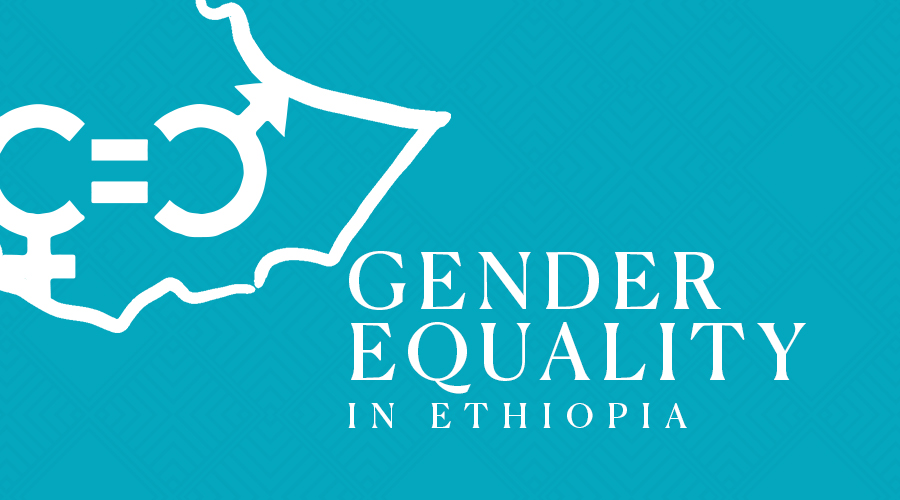

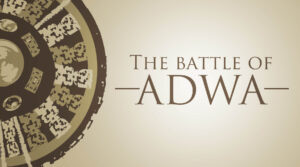
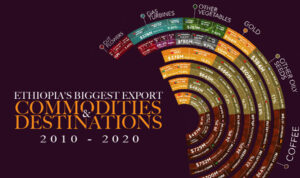
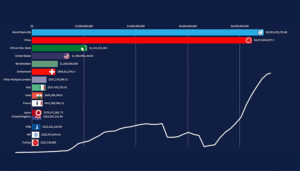
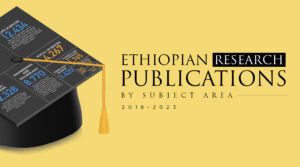
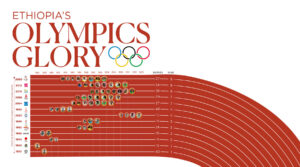


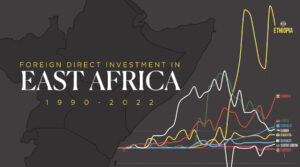
One Response
Welcome to Sobha Aranya, an exclusive residential haven designed to elevate your lifestyle. Sobha Aranya Phase 1, located in Sector 80, Gurgaon, brings you the perfect blend of modern amenities and natural tranquility. This new launch from Sobha promises a sophisticated living experience with meticulously crafted homes and world-class facilities. Whether you are looking for a serene retreat or a vibrant community, Sobha Aranya in Sector 80, Gurgaon, offers everything you need for a fulfilling life. Embrace the new launch of Sobha Aranya and secure your place in one of Gurgaon’s most sought-after addresses today.